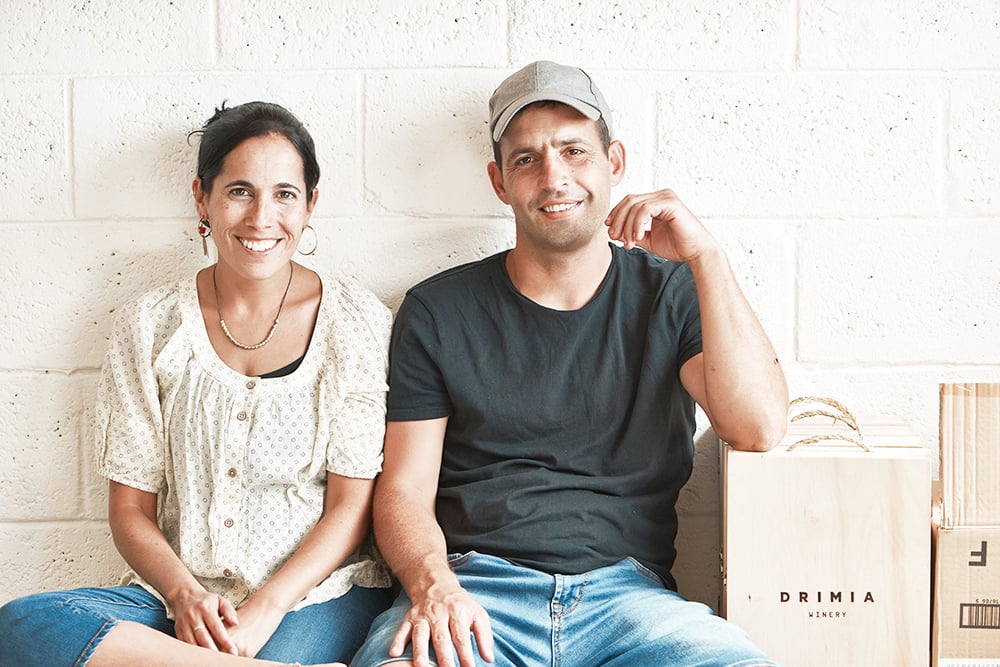
The problem is well known—there is considerable wealth in the Modern Orthodox community. The most recent PEW study of the American Jewish community found that the Modern Orthodox community is the wealthiest of all the Jewish groupings in the United States. It is also well known that the Modern Orthodox community is extraordinarily generous in its charitable donations. Nonetheless, many if not most institutions in the Modern Orthodox community are struggling financially. Better planning and prioritizing of Tzedakah donations could alleviate many of these problems. What follows is an outline of the discussion of this thorny topic we conducted at Congregation Shaarei Orah, the Sephardic Congregation of Teaneck, this past Shabbat at our weekly Seudah Shelishit.
סוֹף מַעֲשֶׂה בְּמַחֲשָׁבָה תְּחִלָּה—Planned Giving
Avoid impulse buying, make a plan before you go to shop and stick to the plan and avoid temptations to deviate—this is well-known and oft -repeated guidance offered to consumers. The same applies to Tzedakah. The financial capabilities of even the very wealthy are not infinite and thus choices must be made. One should plan how to allocate his or her Tzedakah in a manner that maximizes the impact of the contributions.
High priority should be to organizations that work to strengthen people in need and not merely provide a handout. Bergen County’s Project Ezrah and Project Sarah are shining examples of the proverbial teaching people how to fish and not merely providing them with fish for dinner one evening. The Rambam in the 10th Perek of Hilchot Matenot Aniyim says the highest level of Tzedakah is one in which one provides those in financial distress with opportunities and skills to generate income.
Aniyei Irecha Kodemin—Local Needs Enjoy Priority
The Gemara (Bava Metzia 71a) is emphatic that priority is accorded to local needs over needs of other communities. Classic Halachic authorities advise allocating from two-thirds to three-quarters of one’s charity to local causes. Rav Hershel Schachter, as is well known, reiterated this call in recent years. Rav Schachter explains that local needs include worthy institutions that service members of one’s community. For example, Yeshivat Har Etzion, Yeshivat HaKotel and Yeshivat Shaalvim are considered local organizations since they service many of the young men from our community. One can, however, properly allocate his Tzedakah only if one plans his donations in advance.
Giving to Everyone/Anyone Who Asks
The Rambam (codified by Rama) rules that one cannot refuse to help an individual in need if he requests assistance. However, the Rambam requires us to give only a most minimal donation to each individual reaching out for help. One should carefully consider the sums of money he gives to those who knock on our doors on Sundays requesting assistance. It is worth considering Rav Zvi Lieberman’s advice to his congregants in London that if one provides more than 10 dollars to an individual or cause, he is responsible to see that the money is spent productively. One might consider making modest gifts to needy visitors and a larger gift to Project Ezra.
It is also worthwhile bearing in mind Rav Hershel Schachter’s ruling that we are not required to support someone who can earn a living but chooses not to do so—“Someone who has the ability to earn a living is not considered poor. I am not obligated to give him Tzedakah just because he decided to retire at the age of 20” (Jewish Action Fall 2011).
Conclusion—People Do Not Plan to Fail, They Fail to Plan
Financial advisers are fond of saying, people do not plan to fail, they fail to plan. The same applies to charitable giving. “Sof Ma’aseh B’Mahshavah Tehila”—we are most effective when we make a plan and execute the plan, rather than merely reacting to the situations that present themselves. We, as a community, are blessed with bountiful financial resources. The institutions that allow us to thrive as a community, our day schools, Batei Kenesset, Mikvah etc., should not be engaged in a perpetual struggle to make ends meet. Well thought out Tzedakah contributions, executed in accordance with the guidelines offered by Hazal, would go a long way in improving the financial footing of the institutions that constitute the very backbone of our community. In the long run, everyone would reap the benefits of disciplined charitable giving.
By Rabbi Haim Jachter
Rabbi Haim Jachter is Rabbi of Congregation Shaarei Orah, the Sephardic Congregation of Teaneck.












